-
Leadership and Letting Go II
In my previous post I reflected on the urgent need for leaders to loosen their grip on control in their teams and in their organisations, facilitating and enabling swift, effective and impactful responses in an increasingly fast-moving chaotic world within business and beyond. The studies clearly show that this significantly improves results. At an intellectual level it is perhaps obvious. At another level, the impact of our desire to control is altogether more sinister.
One important aspect of our desire to take control is that we break the world into smaller individually understood elements (the way Newtonian physics does). We then piece these elements together to recreate a reality that we now understand better and with which we feel more comfortable. This way of thinking and analysing has served us well in many ways, particularly during the 300 years since the so-called age of the “enlightenment”. Much of the technological wizardry and scientific breakthroughs that we are so familiar with (from space exploration to medicine) have their origin in this style of thinking. It’s called rational thinking.
In basing our understanding of reality solely on rational thinking we have unwittingly and unconsciously removed much of the uncertainty and complexity and disconnected from the rich mystery of reality. Eckhart Tolle begins a recent YouTube talk with the words “Although it doesn’t seem that way, everything is connected”. He might have added … “and everything (which I will call “reality”) is mysterious”.
Interconnectedness implies complexity and complexity combined with mystery sounds like “out of control”. That’s because reality is largely beyond our control, a position that we neither like nor accept. Tolle talks about how “being present” or “presence” counters this erroneous view. “Presence” requires an important quality that the Buddhists call “equanimity”, a term that is generally poorly or incorrectly understood to mean “you can’t do anything so don’t do anything”. In fact it is better understood as “developing the skills of not being driven to do anything”. It is called “executive disposition” in the corporate world. Sitting with the discomfort of not knowing and allowing the brain to process information in a different way eventually leads to intuitive wisdom.
Intuition begins to address the essential problem that nature and reality are not rational as clearly evidenced by the existential damage we have done and continue to do to the planet.
So rational thinking misses important insights and gives sub-optimal solutions to many complex problems. Another consequence is that it takes the colour out of the world which loses it’s sparkle, it’s vitality, it’s vibrancy. Tolle explains that the unwillingness or inability to accept reality is the core reason for human unhappiness. When Leaders treat the humans in their teams and organisations as “units of production” they unwittingly and often unintentionally suck the vitality out of people and replace spontaneity and “joie de vivre” with a colourless two dimensional version of the colourful, three dimensional being we are all capable of.
The current business and world context constitutes an unprecedented “step up” in complexity and ambiguity. If, as a leader, you do not change your way of processing “mystery” and “upgrade” from rational thinking, the planet will continue to suffer and it is probable that your business will too.
In summary, letting go of the need to control understanding improves decision making and passing control to others in the team and the organisation revitalises people and brings back their sparkle. But it is risky and it will need courage and new skills, the kind of skills that ancient and modern Mystics understand well.

